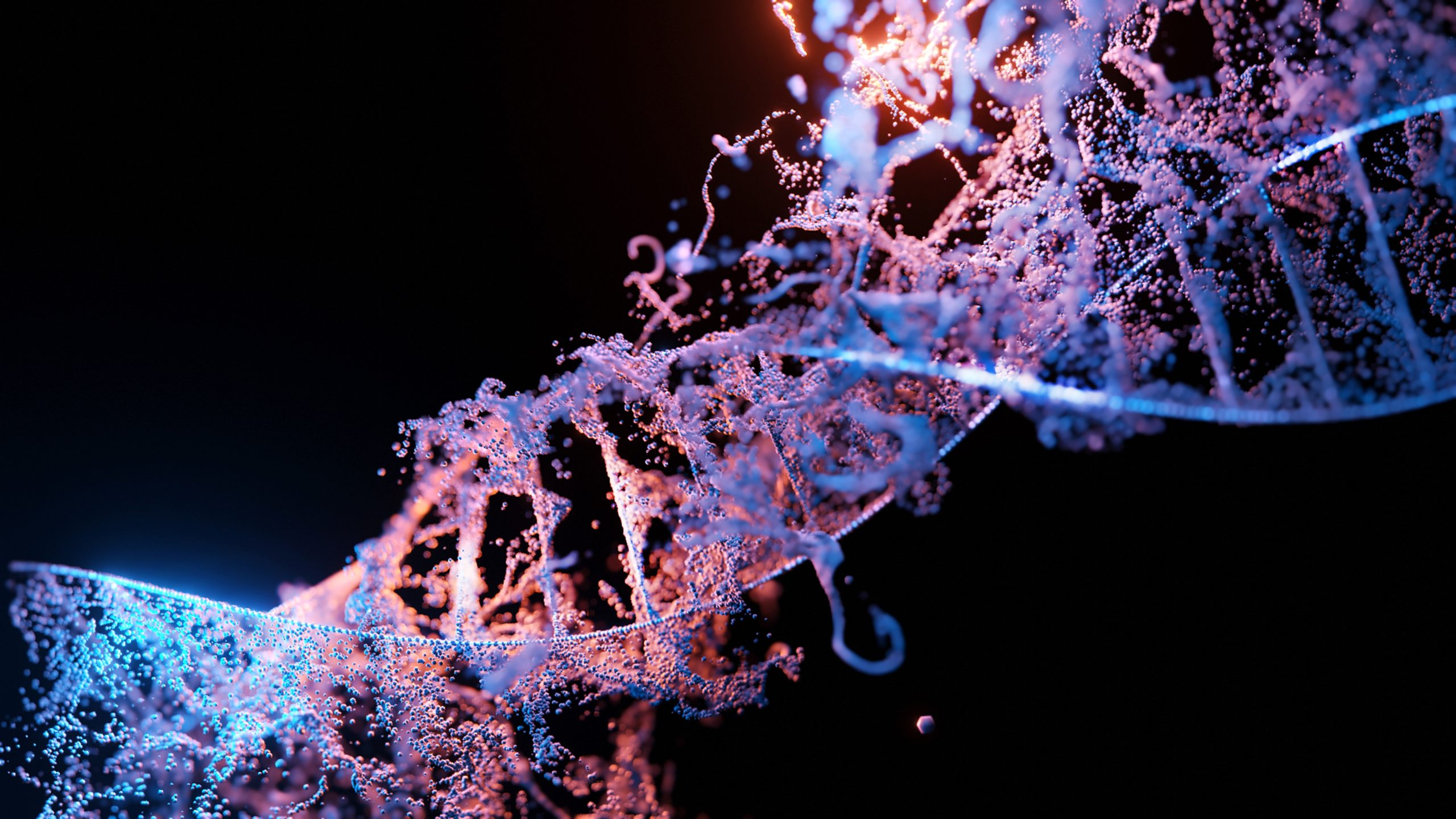Gene editing is a rapidly advancing field that holds the promise of curing genetic diseases, increasing food production, and even improving human performance. However, as the technology becomes more accessible, concerns about its ethical implications have also risen.
On one hand, gene editing has the potential to save lives and improve the quality of life for millions of people around the world. It can help eradicate hereditary diseases, prevent genetic disorders, and even cure cancer. On the other hand, gene editing raises concerns about safety, access, and equity.
One of the main ethical issues surrounding gene editing is safety. There are concerns about unintended consequences of manipulating the genome, such as off-target effects or the creation of new diseases. Additionally, there are concerns about the potential long-term effects of gene editing on the environment, as well as the safety of the edited organisms themselves.
Another ethical issue is access. Gene editing has the potential to create a new class of “genetically enhanced” individuals who are better equipped to thrive in a world that is rapidly changing. This could lead to further stratification and inequality in society. Access to gene editing could become a privilege reserved for the wealthy, further exacerbating existing social disparities.
The third ethical issue is equity. Gene editing could widen the gap between the rich and poor, creating a society in which only those who can afford it have access to the benefits of gene editing. This could have far-reaching consequences, including exacerbating existing health disparities, increasing social inequality, and potentially leading to new forms of discrimination.
As the field of gene editing continues to advance, it is crucial to strike a balance between progress and responsibility. This requires careful consideration of the ethical implications of gene editing and the implementation of policies that ensure equitable access to the technology. Only by doing so can we ensure that gene editing is used to improve human health and well-being, without creating new forms of inequality and injustice.




